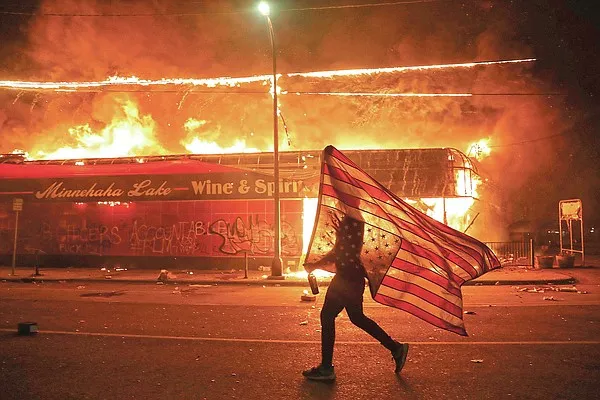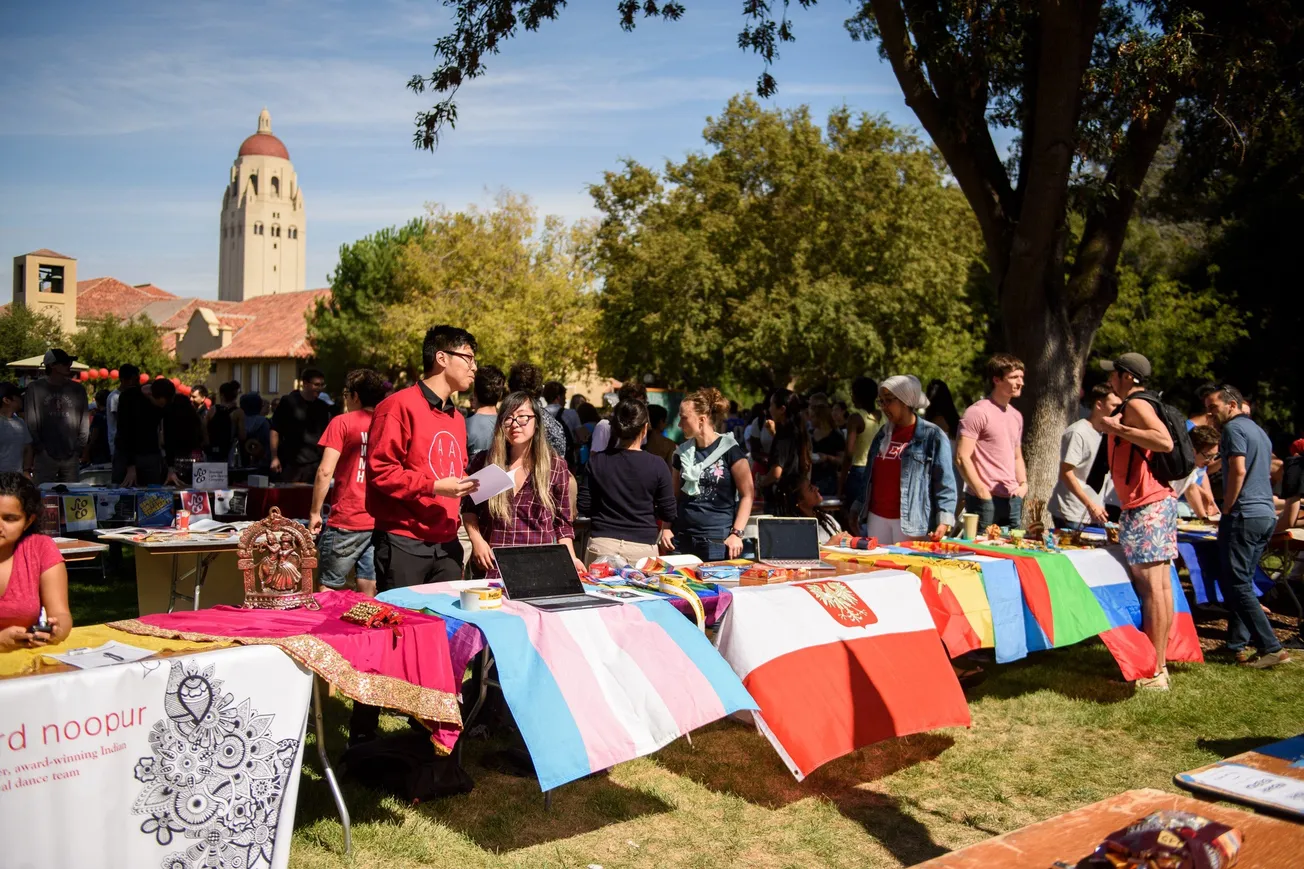Table of Contents
 Removing Father Serra’s name from Stanford’s buildings and streets whitewashes history on a morally dubious premise.
Removing Father Serra’s name from Stanford’s buildings and streets whitewashes history on a morally dubious premise.
Larkin is next to Donner is next to – Serra? On February 2nd, the ASSU Senate debated a resolution calling on Stanford to respect Native Americans and reduce social stratification by “updating all property in its jurisdiction that bears the name of Father Junipero Serra”. Denouncing Father Serra’s efforts to assimilate indigenous Americans and his violent tactics, the resolution urges Stanford to remove Father Serra’s name and nominally extends this argument to a more generalized call to reexamine Stanford’s naming conventions.
Father Serra, an eighteenth-century Catholic missionary, evangelized throughout the American West, and was canonized in 2015 by Pope Francis. In his quest to colonize modern California, he assimilated Native tribes he encountered; as many as 100,000 indigenous people lost their lives between 1769 and 1821 from a combination of brutal treatment and disease. These acts were, in a modern light, reprehensible, and I cannot fault the intentions of the resolution’s author and sponsors. But the claim that we should reject names for buildings and roads, because the person in question committed an act condemned by contemporary morals or offended groups, is deeply flawed.
While the resolution nominally urges Stanford to whitewash other historical figures, it focuses almost exclusively on Father Serra. It never explicitly calls for removing the names of Tresidder or Jordan – both noted eugenicists – from student centers and halls, or for renaming Stanford, given that hundreds of Asian Americans died building Leland Stanford’s railroads. It also fails to reference the mural of Che Guevara – a guerilla revolutionary who callously murdered hundreds of people – in Stern dining. To deem only Father Serra sufficiently evil to be censored is an insult to other communities who have suffered at the hands of past imperialists. One Senator even noted during the debate that we no longer “owed” Father Serra because he had not donated to the university. If the resolution’s supporters want to remove someone’s name from campus infrastructure for his or her past actions, then donor status should surely be irrelevant.
Alternatively, one might contend that all historically immoral figures should be removed; Winston Churchill’s racism ought justify the removal of his name from all English institutions, and Stanford should be rebranded Silicon University. In fact, if we embrace a system where offense is grounds to remove a name, then most of Stanford’s buildings would have to change names. Donors rich enough to fund buildings or contribute to the endowment that funds financial aid, such as Schwab and Arrillaga, are direct exploiters of the poor in a zero-sum economy, according to anti-capitalist groups.
An equilibrium where some names are whitewashed while others are preserved is unstable if we accept the resolution’s underlying logic. Everyone commits some act or holds some belief that either offends a subset of people or violates a future generation’s moral beliefs.
And if one responds that only certain groups should have precedence in deciding which names to remove due to their historically victimized status, then this neglects the equally-valid narratives of other groups. Once we begin with a seemingly obvious move to remove Father Serra, we trap ourselves in a vicious cycle where determinations about which names to silence invalidate some groups’ narratives and concerns.
This logic also neglects Father Serra’s – and other historical figures’ – contextual narratives. Stanford’s activists often cite a situation’s context when evaluating individual behavior. For example, many liberal reformers evaluate criminal behavior within the context of past injustices, harsh drug laws, brutal police practices that alienate communities, socioeconomic challenges, and a prison-industrial complex that rewards full prisons. These considerations are not used to completely absolve criminals, but activists do use them to frame specific acts.
But, in Father Serra’s and others’ cases, Stanford’s activists fail to apply this reasoning. Let’s do it for them. Father Serra was born poor and, well before adulthood, he was inducted into a religious community that praised efforts to spread Christian values. His birth country, Spain, spun narratives emphasizing the importance and virtues of colonization. Father Serra operated within a religious, cultural, economic, and national structure he neither chose nor could escape.
Institutions have a duty to respect the morals of those from different cultural contexts: this is partially why we grant indigenous minorities substantial political autonomy today. We recognize that the lived experiences that shaped their morality are vastly different from others’. The same logic should apply to our treatment of historical figures, who have no chance now to repent for their actions.
Indeed, despite the structures that conditioned him towards racism, Father Serra was vastly less cruel than the Spanish colonialists he accompanied. His writings make clear he cared about indigenous people as individual humans, and he spoke out against punitive military expeditions that would have led to tens of thousands more deaths. To whitewash him thus marginalizes someone who, for his time, was relatively progressive.
Finally, contending that the residents of California at the time Father Serra built his missions had absolute land rights arbitrarily establishes an “origin time period” without regard for earlier groups that migrated over the Bering Strait from Southeast Asia, who indubitably experienced injustice themselves in losing their land.
The ASSU Vice-President requested of the Stanford Review that we discuss these issues in the resolution’s aftermath, so we will. Moralizing about the past is fraught with difficulties. Taking the benefits of societal integration today for granted makes it easy for us to condemn the inevitable invasions and evils throughout the Western world that brought us these developments. History is fraught with injustice. What is important is recognizing the ambiguity of the past, and not racing to whitewash individuals on the basis of a vacuous principle.




